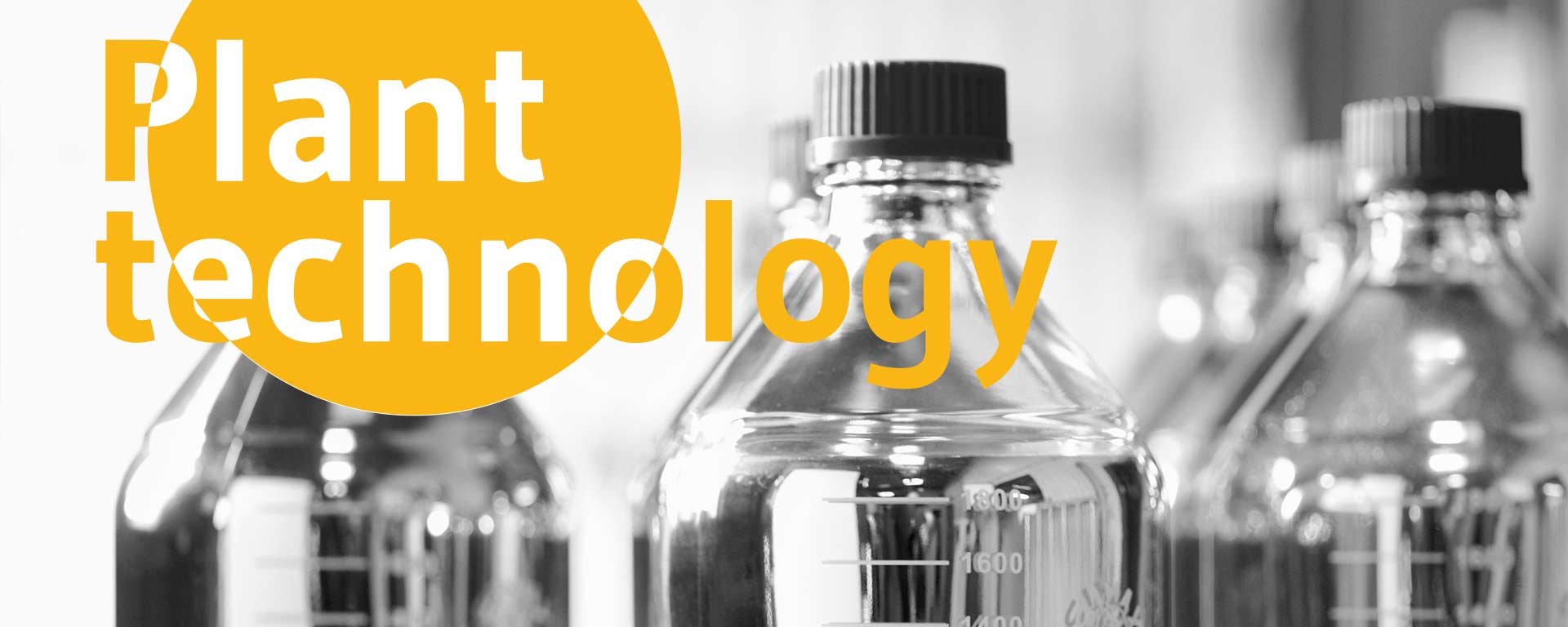Process description mercury stabilisation
REMONDIS QR’s business locations
The whole picture - with just a single click. Find out here where our branches are located, what services they offer and how to contact them.
The REMONDIS Group’s business locations
Discover the world of REMONDIS with its approx. 1,000 branches and associated companies in 30 countries across Europe, Africa, Asia and Australia.
Safe and professional plant technology for disposing of mercury at REMONDIS QR
REMONDIS QR’s plant in Lübeck is setting new standards when it comes to the safe and compliant treatment of mercury waste. Thanks to its decades of experience, its years of testing and operating state-of-the-art technology and the support it gets from the international REMONDIS Group, REMONDIS QR is able to professionally treat the hazardous heavy metal, mercury. Its facilities guarantee that mercury-containing waste is processed in an efficient and environmentally compatible way and is treated safely and sustainably using cutting-edge systems and technologies. REMONDIS QR’s qualified employees are true experts in their field and know all the latest rules and regulations to ensure the highest safety standards are met at all times.
Make the most of REMONDIS QR’s know-how and its leading technology for treating mercury-containing waste. Together we can work on recovering valuable resources and reducing environmental pollution. Get in touch now.
Mercury stabilisation unit
The stabilisation of mercury takes place in two vacuum mixers. The metallic mercury delivered from different industries (such as the chlor-alkali industry, mining, crude oil/gas, etc.) is transformed into harmless mercury sulfide by means of an exothermic reaction. This is then disposed of correctly in german underground salt mines.

Vacuum thermal recycling facility (VTR)

Our plant in Lübeck operates a distillation plant that is run under vacuum. Batches of waste contaminated with mercury are treated in this unit at pressure levels below 50 millibar so that the mercury can be recovered and removed. Pieces of equipment and waste fractions containing large-sized particles can also be treated here. What’s more, this plant can process waste that contains precious metals as well as mercury – a type of waste that is often only generated in small quantities.
Distillation plant
We clean the mercury that we have recovered in our special distillation plant in Lübeck (under vacuum) so that we can sell it on to our customers whenever it is needed.

Button cell battery sorting plant

Our button cell battery sorting plant, which we developed ourselves, separates the batteries into electrochemical systems (e.g. Hg and Li) so that the batches containing mercury can be sent on for thermal treatment. Sophisticated screening machinery separate both the individual systems from each other as well as the filler material and the packaging so that the highest possible levels of recycling are achieved.
All of the sorted button cell batteries are recycled. This ensures that the many different types of metals (e.g. iron, nickel, chromium, copper, manganese) are recovered and returned to market.



